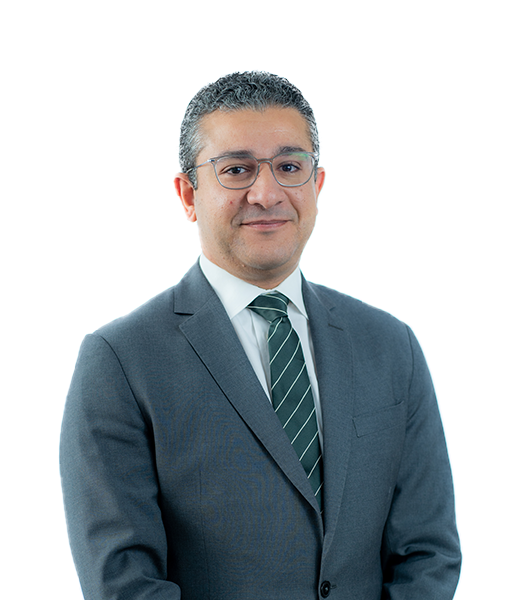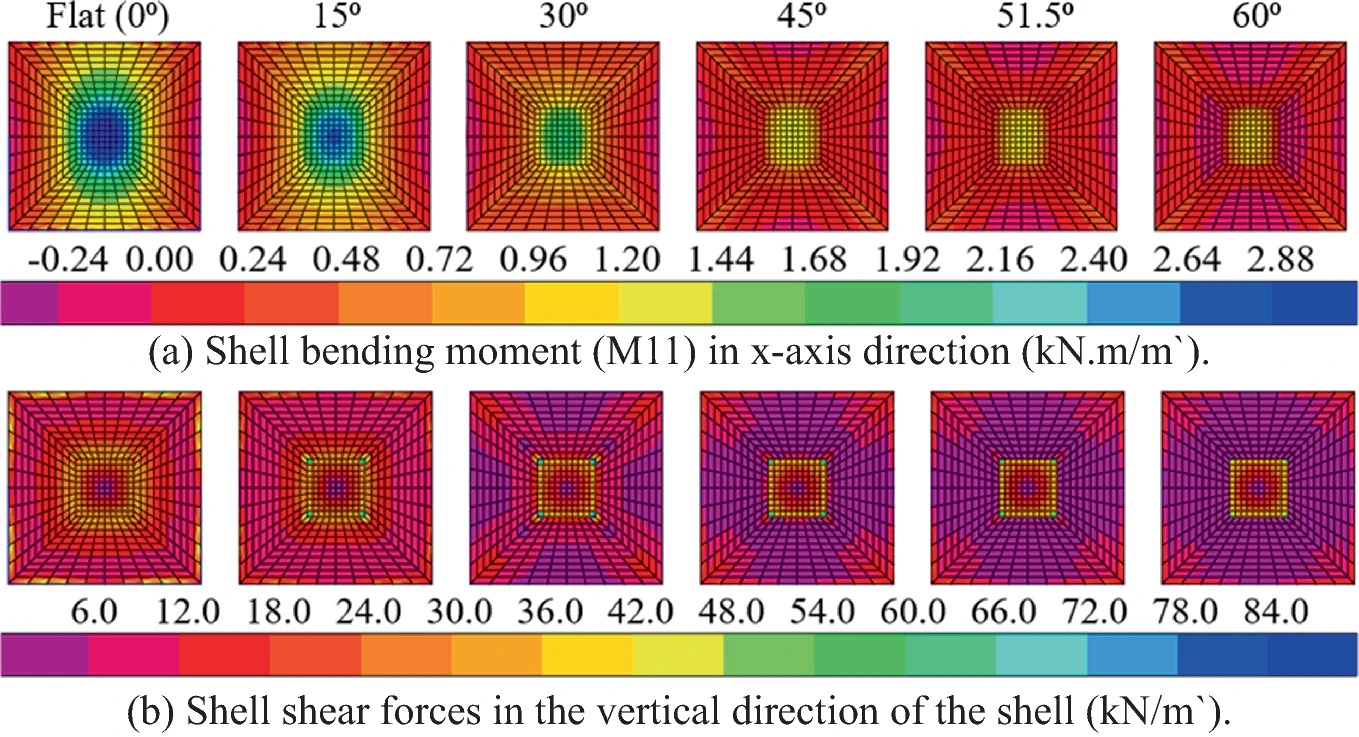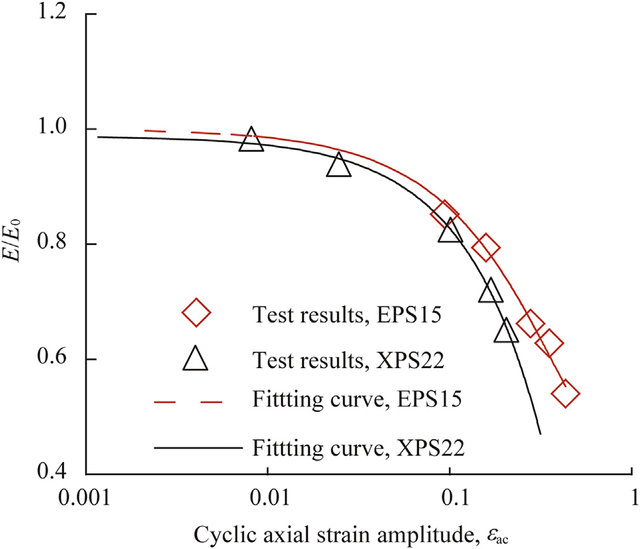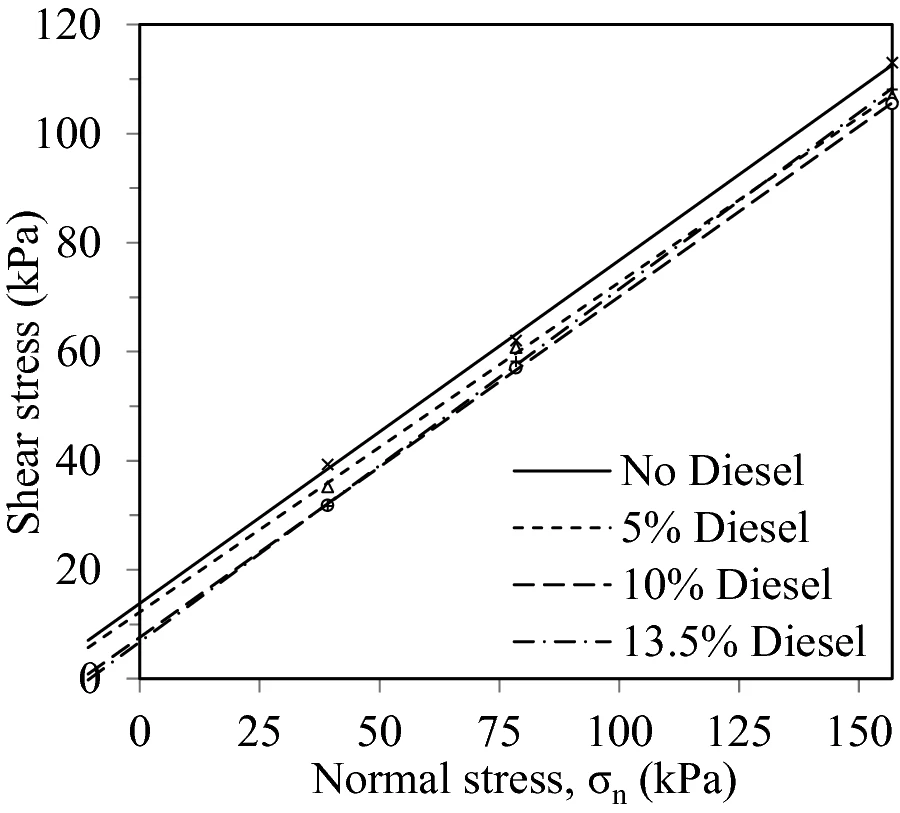Faculty Office Ext.
1873
Faculty Building
UB2
Office Number
S8
Dr. Sherif AbdelSalam is a Full-Professor at the School of Engineering and Applied Sciences (EAS), Civil & Infrastructure Engineering & Management (CIEM) Program, Nile University (NU). He is the CIEM Program Director and EAS Vice Dean for Undergraduate Studies. Dr. Sherif earned his B.Sc. in Civil Engineering in 2004 from Cairo University, followed by M.Sc. in 2007 from the same school in Geotechnical Engineering. During the first three years of his career, he practiced civil engineering through working for a consulting firm as a designer of concrete and steel structures, a geotechnical engineer, and a site-supervisor on various projects. Meanwhile, he was working as a part-time teaching assistant at the American University in Cairo (AUC). Dr. Sherif then got a scholarship at Iowa State University (ISU), USA, and worked as a research assistant studying towards his PhD, which was earned in 2010. During his doctoral studies, he worked on funded projects by Iowa Highway Research Board (IHRB) and Iowa Department of Transportation (DOT). During the period from 2010 till 2017, Dr. Sherif was a full-time in the British University in Egypt (BUE). He was a module leader responsible of teaching different courses generally related to soil mechanics and geotechnical engineering. In 2013, Dr. Sherif was promoted to Program Director of the Civil Engineering Department at the BUE. In 2015, he was promoted by the permanent committee of the supreme council of Egyptian universities to an Associate Professor. He joined Nile University in September 2017 until now as Program Director for the Civil and Infrastructure Engineering and Management CIEM program. His main target at that time was to develop the new program bylaws, build the civil engineering lab complex, expand the offered tracks, recruit calibers, and attract more students. December 2021, Dr. Sherif was promoted by the permanent committee of the supreme council of Egyptian universities to Full-Professor. Over the past years, Dr. Sherif was awarded research grants including grants from NU, STDF and ISSMGE. Currently he is the PI of an STDF funded project related to uses of EPS for roadway embankments and EPS nano-coating. He published more than 58 papers and reports in international conferences and top ranked prestigious international journals in Civil Engineering such as ASCE Journal of Bridge Engineering; ASCE, International Journal of Geomechanics; ASTM Geotechnical Testing Journal; ASCE Journal of Geotechnical and Environmental Engineering; ICE Geosynthetics International; Journal of the Transportation Research Board (TRB), and Ain Shams Engineering journal. He is a member in ASCE, ASTM, and ICE Journals peer review panel. His current Google scholar citation score exceeded 495, with an h-index of 11 and i10-index of 12. Finally, Dr. Sherif is keeping his industrial links via conducting consultation works that are generally related to the field of Civil and Geotechnical Engineering, he acquired a professional consultant engineering certificate in 2019 from the Egyptian Syndicate of Engineers.
- EPS geofoam for retaining walls, tunnels, and infrastructure .
- EPS for roadways embankments .
- Reduction of swelling soil effects using geosynthetics materials .
- LRFD for bridge deep foundations .
- LRFD for shallow foundations.
- Ultrasonic for contaminated soils.








